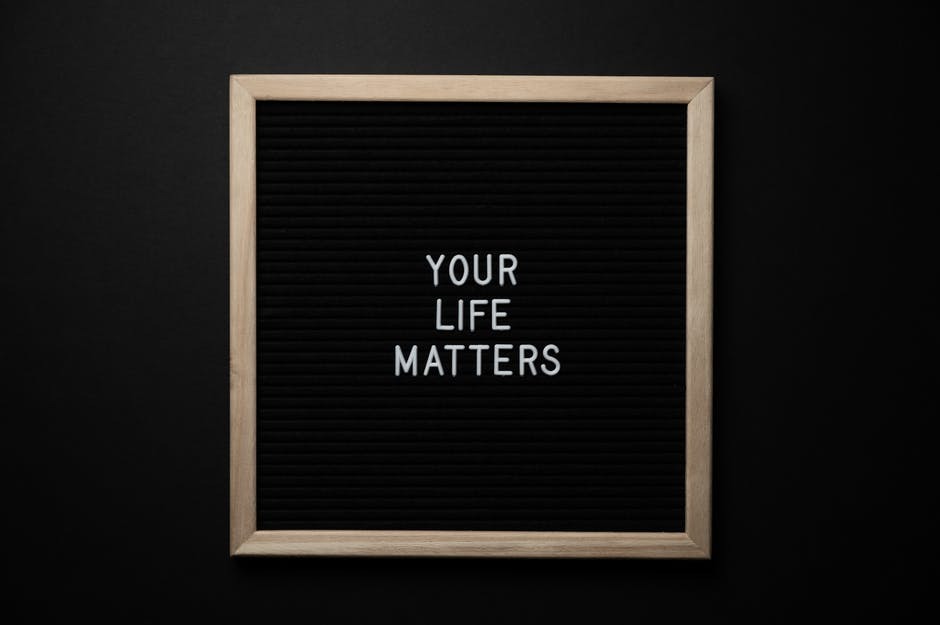
Shame is inexorably linked to trauma. So many of us who have experienced trauma also experience shame. Authors of the article “Ashamed and Afraid: A Scoping Review of the Role of Shame in Post-Traumatic Stress Disorder (PTSD)” explain that shame is a response to an attack on our whole selves. While guilt about events stems from the belief that an action was wrong, shame insists that we ourselves are wrong.
Even after extensive treatment, we still experience shame in various circumstances. Triggering situations can reactivate that inner critic and make us more susceptible to relapsing into old problematic behaviors. That is why remembering that recovery takes time and loving yourself is critical to your recovery and pursuit of a full life.
Triggering situations are surprising and may leave you feeling overwhelmed and afraid, but you are safe, and you can overcome.
Recovery Takes Time
Some people believe once you have completed treatment, you are cured for life. This is false. Life is full of triggers and other traumatic events. If you have experienced abuse, abandonment, neglect, or any form of trauma, there will be events in your life that might trigger a trauma-based response. Plus, you are still learning how to effectively cope. Learning to cope takes time, much more than what you may expect. Do not expect perfection when you leave treatment.
Recovery never occurs in a straight line. Instead, recovery is more like a cha-cha. You take a few steps forward, followed by a few steps back. Learning how to effectively cope with trauma, no matter how long ago it may have occurred, takes time and self-compassion.
Begin Life After Treatment by Loving Yourself
Shame may have robbed you of so much of your life. Even if the beginning stages of self-love began in treatment, pursuit of self-love must be continued as you pursue a life beyond the safety of the treatment setting. Shame and self-loathing may try to keep you trapped and make you want to cope with old behaviors. You may want to numb yourself or escape the feelings attached to the triggers you are facing. Instead, practice compassion and remind yourself you are worthy of overcoming those feelings in healthy ways. No matter what your inner critic says, you are valuable, and you are strong.
There will always be the potential to experience new traumas and be triggered into flashbacks. These events may feel as if they are destroying you, and you may struggle. A relapse to old behaviors can occur in these situations, which is why having a healthy sense of your own worth can be so helpful. When you love yourself, you are better equipped to cope with stressful events that may re-traumatize you.
You Deserve a Life Worth Living
When creating dialectical behavior therapy (DBT), Marsha Linehan explained that everyone deserves a life worth living and that everyone has the capacity to cope with various stressors and the ability to move forward. This ability to move forward with your life is highlighted in work in individual therapy at Guest House. We know you have the potential for a great life, and we want to see you succeed, which is why we offer outpatient treatment even for those who have completed our residential programs.
You have the capacity for a great life but must develop as many coping skills as possible to assist you in achieving calm in the midst of the triggers found in daily life. You need a toolbox full of coping skills that work for you. This will help you build resilience.
Resilience in Life After Treatment
According to the writers at the National Institute of Mental Health (NIMH) in regard to PTSD, resilience will help you cope with daily stressors and build your emotional intelligence after trauma. Resilience will help you “be okay” with your responses and help you recognize you were doing the best you could at the time, but now you have the potential to cope in a healthy manner.
Building resilience requires you to think outside yourself and recognize that sometimes you may need extra support. Coping with trauma is difficult, and you may need the support of safe friends, family members, or community members who can help you find a way to cope or just listen as you process your struggle.
Another element of resilience is being proactive. You learned a great deal in treatment and processed your trauma. Now is the time to ensure you are capable of coping without being reactive. Before treatment, you may have turned to your addiction to alcohol and/or other substances or behaviors, but now, you have the skills to cope in healthy ways.
Recognize you are not alone in your struggles. Others are willing to come alongside you and help you as you navigate life after treatment. Also, recognize that even when you are afraid, stressed out, and possibly experiencing a flashback, you are loved, you are safe, and you can have your best life. You are an amazing person. You are a survivor who deserves to thrive.
You deserve to live your best life possible. While it may seem that re-entry into life after treatment is difficult,, you can overcome any stress and triggers you face and avoid a relapse into old behaviors, including addiction to alcohol and/or other substances. At Guest House, we help you develop the skills for managing life beyond treatment. We believe you have the potential to live your best life and want to teach you resilience and self-compassion as you engage in the cha-cha of recovery. If you or someone you know is struggling with addiction, a mental health condition, or working to overcome trauma, begin the healing today by asking for help. Reach out to us at Guest House and learn how we can help. Call us at (855) 483-7800 and learn about the treatment options that can help you overcome your past and begin building a beautiful future.